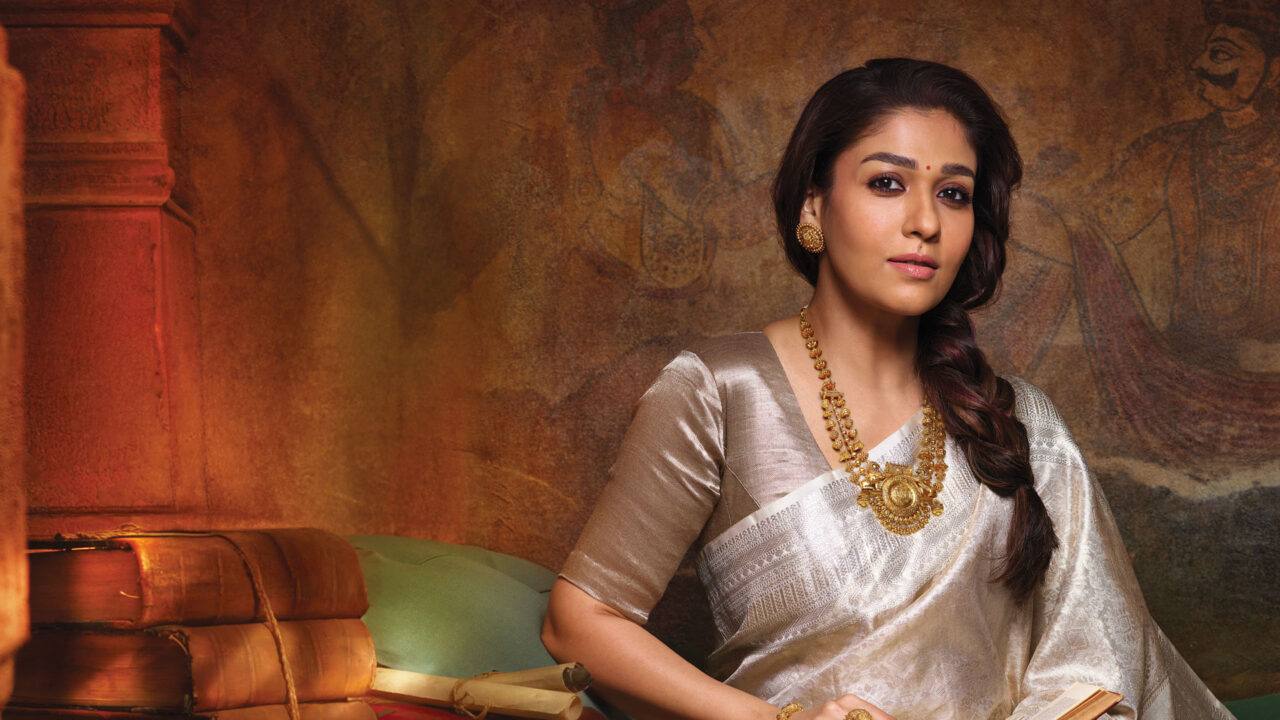Remembering Tata: Colossal Contribution To The World Of Fashion
In the honour of Ratan Tata, the trailblazer who revolutionised Indian retail and fashion
Ratan Tata, an entrepreneur and industrialist who provided much-needed vision for India’s contemporary retail and fashion scene, passed away on October 9, 2024, at the age of 86. His influence on Indian fashion, retail, and lifestyle will endure as one of the most enduring legacies, even though he controlled the retail division of Tata and some of his commercial ventures came from heavy industry sectors.
Although naturally fashionable, Ratan Tata was never a traditional fashion icon; rather, he was a driving force behind a shift in the way that fashion was perceived and used in India. His influence, which was quietly creeping across the horizon, actually helped to democratise fashionable, high-quality apparel for millions of Indians, improve retail standards in the nation, and usher in a new era of modern, accessible fashion.

An innovator in Indian retail
Through Trent Limited, the prosperous retail division of the Tata Group, Ratan Tata made one of the biggest contributions to the Indian fashion industry. It became into a major force in Indian fashion retail under his direction. He introduced Westside, a completely new retail brand, in 1998, which revolutionised the fashion scene in India. Westside is now a well-known brand in many Indian homes, offering modern, reasonably priced clothing for men, women, and kids all around the nation. Westside established a new benchmark for quality and design in Indian retail under Tata, not only in “big city” malls but also—and this is just as significant—in the major shopping centres of both large and small villages. Millions of people could now afford stylish clothing thanks to it.
Indians’ consumption of fashion was significantly altered by this realisation, which elevated shopping to a simple, elegant, and accessible experience. Westside combined international designs with Indian sensibilities to a new middle-class audience who wanted to use their clothes to express who they were for the first time.

Zudio
Zudio, Trent’s value fashion brand, focusses on affordability and offers a combination of fashion and utility at incredibly low rates for men, women, and kids. Fashion-forward solutions at extremely competitive pricing points are offered by Zudio, which has its own distinct collections.
Zudio, a quickly growing business, is committed to accessibility in all respects, whether it is via reasonably priced clothing, wide distribution, or adaptable lifestyle products. Zudio boutiques, which are well situated in well-known retail areas, provide a fun and captivating shopping experience, enabling everyone to afford current fashion.
Misbu
Misbu stores cater to Gen Z and millennials with their carefully chosen assortment of personal care products, fashion accessories, cosmetic products, and décor. These little shops offer trendy goods at affordable prices in an enjoyable and captivating shopping experience. Misbu wants to make shopping enjoyable for young customers by making it simple for them to find and appreciate the newest trends and necessities.
The Utsa
With a wide selection of clothing, accessories, shoes, innerwear, and cosmetics, Utsa is a place for modern Indian women seeking a modern lifestyle. Appealing to imaginative, discriminating, and aspirational women, Utsa acts as a gateway of discovery by curating the best options from Westside. Through its carefully selected products, Utsa encourages women to embrace their individuality and sense of style.
The Samoh
Elevated occasion wear company Samoh specialises in modern, expressive, and attractive styles that highlight adaptability, and it offers a distinctive and refined assortment. Samoh strives to be the go-to option for clients looking for chic and classic clothing for special occasions by offering high-quality fabrics, elaborate designs, and painstaking attention to detail.
The brand ensures that clients feel remarkable while shopping for their unforgettable moments by delivering a touch of elegance and sophistication. SAMOH’s collection, which appeals to people who value a contemporary take on beloved patterns and motifs from the Indian hinterland, takes cues from traditional origins and skilfully combines them with modern aesthetics.
In the Indian market, Zara
Ratan Tata played a key role in bringing Zara to the Indian market in the latter years of his presidency. In order to compete with well-known luxury labels like Louis Vuitton, Chanel, and Gucci, the Tata-Inditex partnership upended the market by making high-end collections affordable for middle-class buyers looking for cutting-edge, global styles.
The Collaboration between Tata and Bhansali Trust
An institute was established in Radhanpur village, Gujarat, five years ago, marking the beginning of Tata’s collaboration with the Bhansali Trust. Here, women from Radhanpur and 150 nearby villages received stitching instruction from Trent staff members and specialists. These ladies were hired to make bags for Westside, Zudio, and Star Bazar after passing their training exams, which led to the creation of the “Bag of Love.”
Women from lower-income families are happily employed by this institute, which acts as an essential support network. The women work together to address a range of issues, including healthcare requirements, medical treatments, and children’s education. They provide a community where people can share issues and work together to discover answers by giving them a forum for self-empowerment.
650 families in the area are now empowered thanks to this support system. They are significantly improving the environment, producing 1.5 million bags and keeping 1.1 million meters of fabric out of landfills.
A Worldwide Presence In Luxury Through Takeovers
Tata’s influence extended well beyond India. India was already in a stronger position on the world map of luxury because to the Tata Group’s acquisitions of Jaguar Land Rover and Corus Steel. Although not directly related to apparel, these luxury-coupled Indian companies improved India’s standing in the debates over style and craftsmanship, a vague topic related to the fashion industry.
It was communicated to the world that India was a nation that could effortlessly combine tradition and modern design when the Tata Group made its first forays into luxury and lifestyle investments in addition to retail excellence. This idea also made sense in the fashion industry.
Advocate of Ethical Fashion and Indian Craftsmanship
Tata supported India’s unique textile heritage and craftsmanship in addition to retail and international luxury. In order to preserve and promote traditional Indian crafts in the fields of textiles, handlooms, and artisanal fabrics, he backed programs through the Tata Trusts and other charitable endeavours. It influenced not only contemporary designers but also retail brands to turn within for inspiration, helping to preserve jobs and restore admiration for Indian craftsmanship.
Additionally, it encouraged ethical and sustainable fashion practices by Tata, laying the groundwork for the growth of the whole eco-friendly fashion movement in India. The Tata Group’s efforts to employ more environmentally friendly materials and responsible production methods began when the industry’s environmental impact became more widely recognised, leading the whole sector towards sustainability without explicitly declaring it.

A Classic Look and Individual Opulence
Despite not being a fashion trailblazer, Ratan Tata’s sense of style was classic and elegant. The elegant, understated cutter-suit businessman stood in sharp contrast to the gaudy fashion trends that characterise the mass-market clothing industry. True elegance must result from quality, simplicity, and meticulous attention to detail rather than from passing trends in fashion, as the image above demonstrates.
However, many were praising Tata at the same time because, in spite of his severe and traditional appearance, he had the rare capacity to exude warmth and authority through his composed manner and graceful presence. Innumerable professionals and business executives around India looked up to him, and his fashion choices reflected his broader vision of an ethical, self-assured, and sophisticated India.

An Enduring Legacy
The accessibility of stylish apparel and the development of contemporary retail are just two examples of Ratan Tata’s legacy. In actuality, he has had a significant impact on ethical fashion, luxury, and Indian craftsmanship. As the business grew more ethical, inventive, and inclusive, contributions were made to change the fashion experience for millions of Indians.
With sharper, more sophisticated, and world-class methods to retailing from India, Tata will carve out a position in fashion history with the management of the Tata Group. Fashion, in his opinion, is a means of self-expression and cultural pride, and this will undoubtedly serve as an inspiration for future generations.
His legacy, which is based on moral business conduct, a love of Indian culture, and a passion for excellence, endures in the fashion industry and beyond. His legacy includes his family, coworkers, and the millions of Indians whose lives he impacted with his vision for a better, more fashionable future.
May you rest in peace, Sir Ratan Tata. For many decades, your vision influenced Indian fashion.




